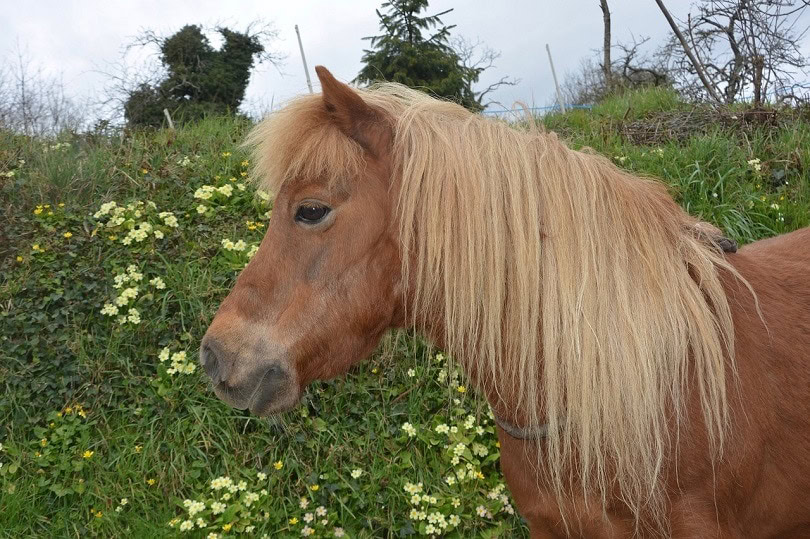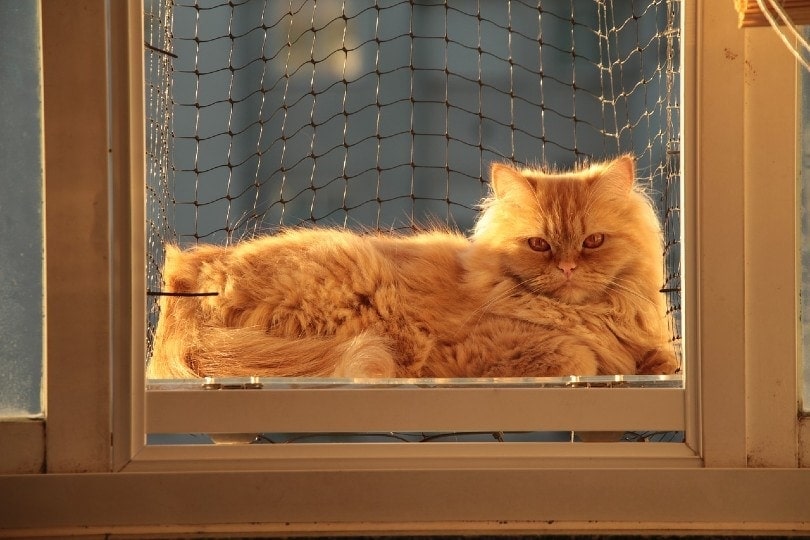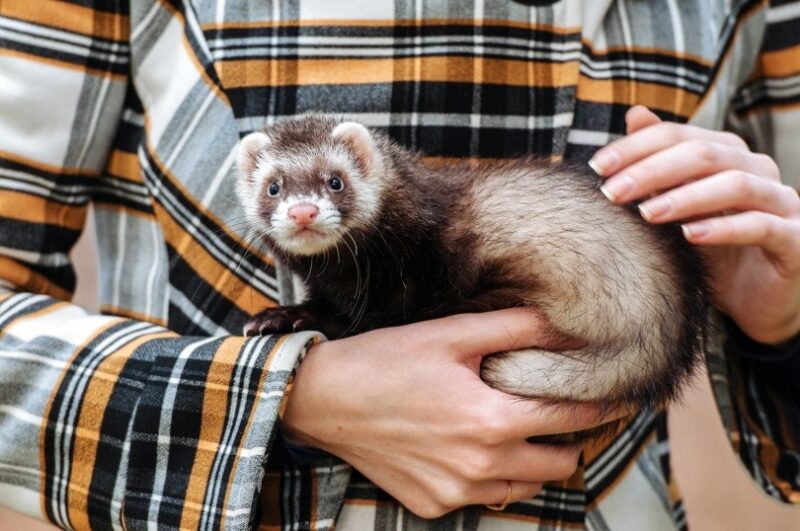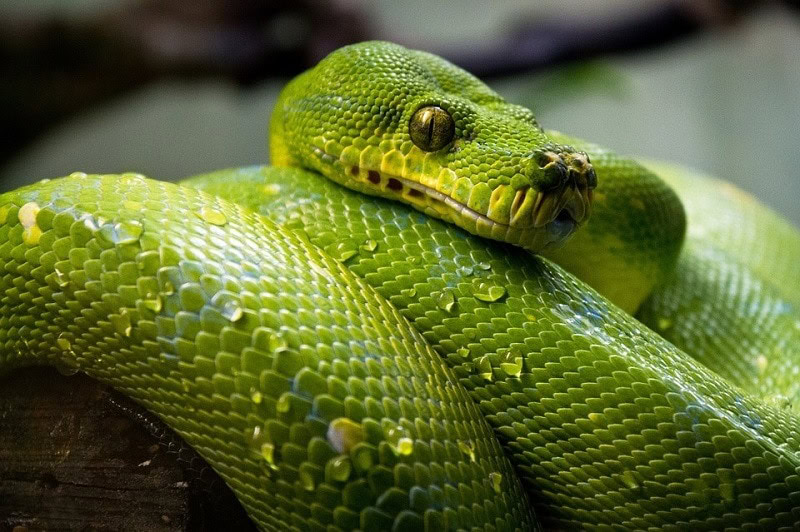Click to Skip Ahead
A horse’s mane is not just all for looks — it has important functions too! The beautiful, flowing mane of a horse is arguably one of their most distinguishing features, and you may have found yourself wondering exactly what it’s for. Adding to the confusion is that some horses have thick, long manes, while others have relatively short, thin manes, and these can vary widely between species.
Other Equidae species have manes, such as giraffes, zebra, and antelope, but none are so long and luxurious as those of domestic horses. Interestingly, there is no agreed-upon consensus as to why any of these animals have manes, although there are several theories.
No matter the type of mane that a horse has, they are not only strikingly beautiful but are also highly functional. In this article, we take a look at the reasons for these flowing manes, some of which may be surprising!

The 6 Likely Reasons Why Horses Have Manes
Surprisingly, there are various theories why horses have long manes, and there is no one definite answer agreed upon by experts. The most prominent theories include the following.
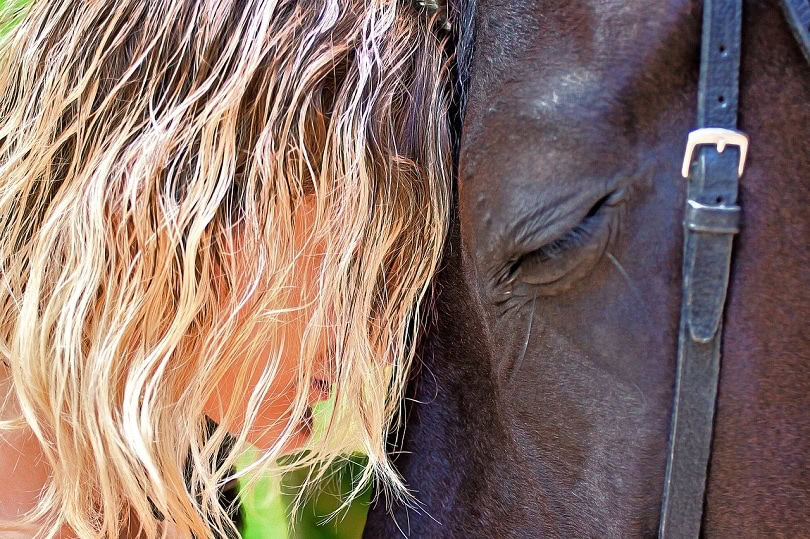
1. Protection
Both short, upright manes and long flowing manes protect the back of a horse’s neck, the precise spot (along with the throat) where a predator is likely to latch on. The thick hair makes it difficult for a predator to bite, giving the horse a chance to get away. It could be that a horse’s mane evolved as a protective measure against predators.
2. Warmth
Manes can help provide warmth to your horse’s head and neck in cold weather, and it will divert water off their neck when it’s raining. Horse breeds that originated in colder climates tend to have thick, long manes, and this is likely an adaptation to cold conditions.
3. Pest control
We’ve all seen horses swatting flies with their long tails, and a mane can provide a similar function. A quick shake of the head will cause a horse’s mane to flick from side to side and swat any pestering insects. Some horses also have long bangs or forelocks, and swishing this part of their mane can also help keep insects out of their eyes.
4. Courtship
In general, males, or stallions, will grow thicker manes than mares. This is not all in the name of attraction, however — male stallions will often fight over a female, biting each other’s necks in the process, and manes can serve as protection. Manes can also make a male look bigger and more threatening to potential rivals.
5. Health
A horse’s mane is also a good indication of their health — sick horses will likely have a patchy and sparse mane. Growing a thick and healthy mane requires good nutrition. A female on the lookout for a mate will be far more likely to go for the healthy-looking stallion with a luxurious mane!
6. Domestication
Almost all wild animals with manes like antelope or zebra have short, upright manes, and even wild horses have far shorter manes than domesticated varieties. Long manes were likely selected over the centuries of domestication for both their appearance and utility — a horse with a long mane was far easier to hold onto in the days before saddles and reins! That said, not all domestic horses have long manes and breeds like the Akhal-Teke traditionally have short, sparse manes.

Should you cut your horse’s mane?
In general, it’s best to leave your horse’s mane and tail as nature intended. Your horse needs their mane and you should simply keep it clean and well-groomed. Contrary to the popular myth, horses have nerves at the base of their hair follicles, just like we do, and will certainly feel pain if you pull on their manes!
A mane that has been cut short or braided will also stop your horse’s ability to deal with pests and make them more vulnerable to the cold.
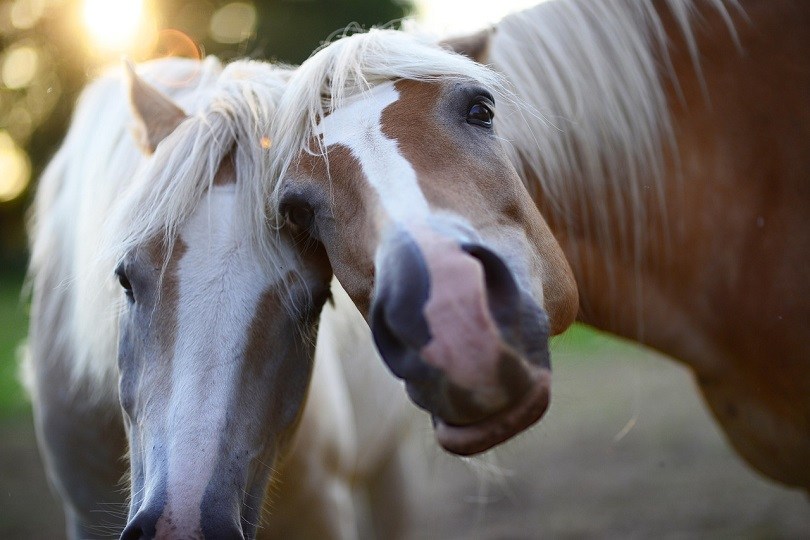

Final Thoughts
There is likely not just one reason for a horse to have a mane, but a convergence of several reasons that can all be of benefit to a horse. Protection, warmth, and insects are the most likely reasons, but domestication and selection surely have large parts to play. Whatever the reason, horse manes certainly are beautiful!
See Also:
- Why Do Horses Need Shoes? What’s Their Purpose?
- Do Horses Have Feeling in Their Mane? What The Science Tells Us
Featured Image Credit: JACLOU-DL, Pixabay
